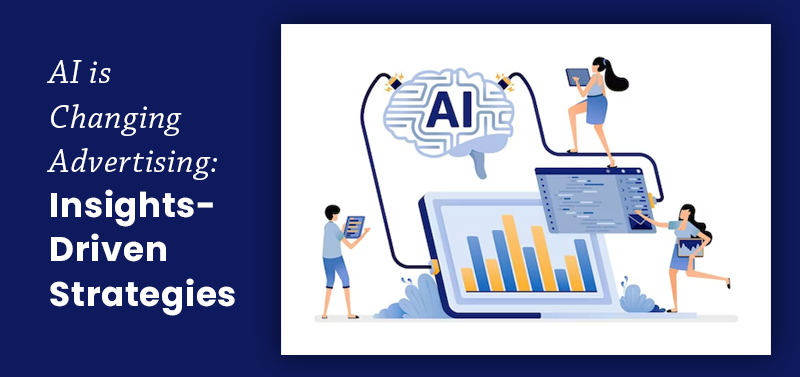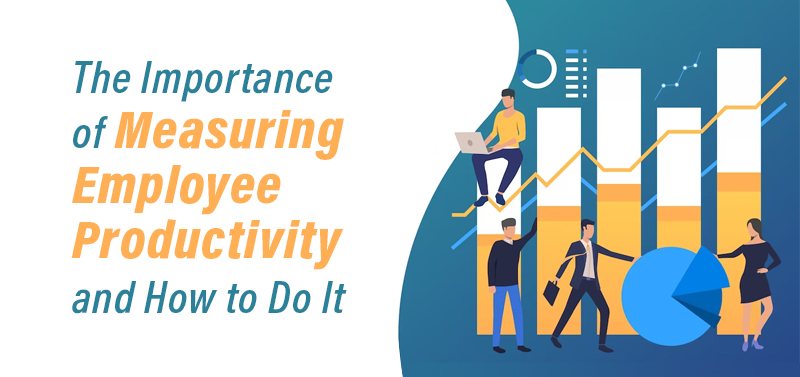April 26, 2023 1:16AM
How AI is Transforming Advertising: Top 5 Use Cases

Artificial intelligence (AI) is transforming the advertising industry in a big way. With its ability to analyze vast amounts of data and make predictions, AI is helping advertisers create more personalized and effective campaigns. Here are the top 5 ways AI is being used in advertising today.
Virtual Assistants
AI virtual assistants can help with content creation in a variety of ways. They can generate topic ideas based on your niche or industry, research keywords and trends, write articles or blog posts, and even edit and proofread your content. By using AI virtual assistants, you can save time and focus on other aspects of your business while still producing high-quality content.
One of the biggest benefits of using AI virtual assistants for content creation is their ability to generate topic ideas. By analyzing your niche or industry, they can suggest relevant and trending topics that will resonate with your audience. Additionally, AI virtual assistants can research keywords and trends to ensure that your content is optimized for search engines. Popular Virtual Assistants such as ChatGPT and Jasper Ai are proving to be a big hit with marketeers globally which is causing a major shift in the industry allowing content to be created within minutes without the need for indepth research and copywriters.
Personalised Advertising
AI is enabling advertisers to create more personalized ads than ever before. By analyzing data on consumer behavior, preferences, and demographics, AI algorithms can create targeted ads that are more likely to resonate with individual viewers. This not only improves the effectiveness of advertising campaigns, but also enhances the user experience by delivering ads that are more relevant and useful to the viewer.
Predictive Analytics
Predictive analytics is another way that AI is transforming advertising. By analyzing large amounts of data, AI algorithms can predict which ads are most likely to be successful with different audiences. This allows advertisers to optimize their campaigns and target their ads more effectively, resulting in higher conversion rates and better ROI. Predictive analytics can also help advertisers identify trends and patterns in consumer behavior, allowing them to stay ahead of the curve and adapt their strategies accordingly.
Chatbots
Chatbots are becoming increasingly popular in the advertising industry, thanks to AI. These tools can be used to provide personalized customer service and support, as well as to help customers find the products or services they are looking for. Chatbots can also be used to collect data on customer preferences and behavior, which can be used to improve advertising campaigns and target ads more effectively. With the help of AI, chatbots are transforming the way that advertisers interact with their customers, making it easier and more efficient than ever before.
Ad Targeting and Optimisation
One of the most significant ways that AI is transforming advertising is through ad targeting and optimization. With the help of machine learning algorithms, advertisers can analyze vast amounts of data on customer behavior and preferences to create highly targeted and personalized ads. This not only improves the effectiveness of advertising campaigns but also helps to reduce ad spend by ensuring that ads are only shown to the most relevant audiences. AI can also be used to optimize ad placement, timing, and format, ensuring that ads are delivered to the right people at the right time and in the right way. Overall, AI-powered ad targeting and optimization are revolutionizing the advertising industry and helping businesses to achieve better results from their advertising campaigns.
The Challenges of Implementing AI in Advertising
While AI presents many opportunities for advertisers, there are also challenges to implementing this technology. One major challenge is the need for skilled professionals who can develop and manage AI systems. Additionally, there are concerns about data privacy and the ethical use of AI in advertising. Advertisers must also be careful not to rely too heavily on AI and neglect the importance of human creativity and intuition in the advertising process.
Another challenge of implementing AI in advertising is the potential for bias in the algorithms used. If the data used to train the AI is biased, then the decisions made by the AI will also be biased. This can lead to discriminatory advertising practices and harm to marginalized communities. Advertisers must take steps to ensure that their AI systems are trained on diverse and unbiased data. Finally, there is the challenge of keeping up with the rapid pace of technological change. As AI continues to evolve, advertisers must be prepared to adapt and incorporate new technologies into their advertising strategies.













